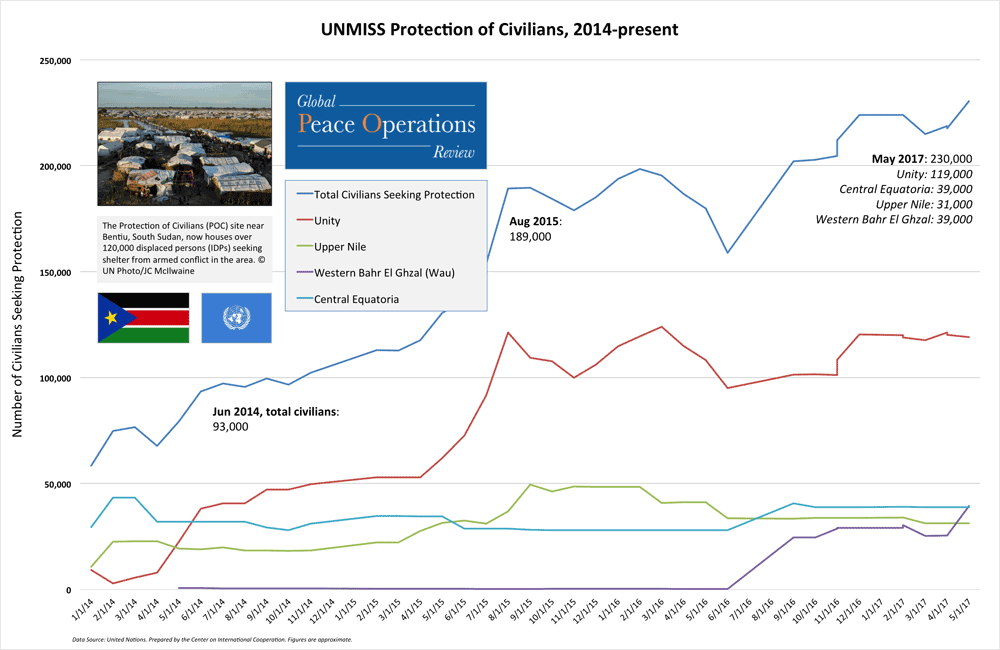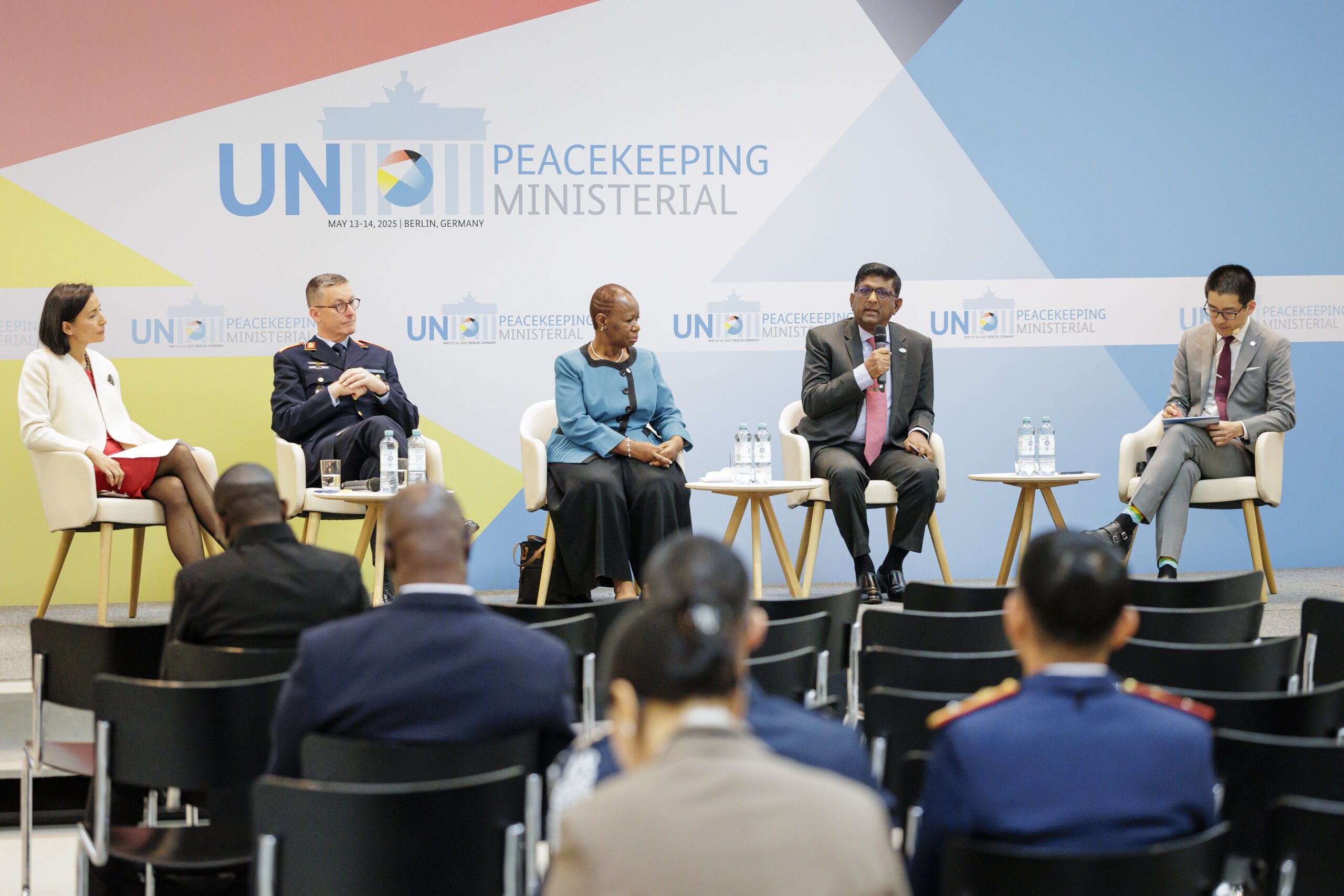

Array
(
[thumbnail] => https://s42831.pcdn.co/wp-content/uploads/2022/09/hero-placeholder-150x150.png
[thumbnail-width] => 150
[thumbnail-height] => 150
[medium] => https://s42831.pcdn.co/wp-content/uploads/2022/09/hero-placeholder-300x129.png
[medium-width] => 300
[medium-height] => 129
[medium_large] => https://s42831.pcdn.co/wp-content/uploads/2022/09/hero-placeholder-768x329.png
[medium_large-width] => 768
[medium_large-height] => 329
[large] => https://s42831.pcdn.co/wp-content/uploads/2022/09/hero-placeholder-1024x439.png
[large-width] => 1024
[large-height] => 439
[1536x1536] => https://s42831.pcdn.co/wp-content/uploads/2022/09/hero-placeholder.png
[1536x1536-width] => 1400
[1536x1536-height] => 600
[2048x2048] => https://s42831.pcdn.co/wp-content/uploads/2022/09/hero-placeholder.png
[2048x2048-width] => 1400
[2048x2048-height] => 600
[gform-image-choice-sm] => https://s42831.pcdn.co/wp-content/uploads/2022/09/hero-placeholder.png
[gform-image-choice-sm-width] => 300
[gform-image-choice-sm-height] => 129
[gform-image-choice-md] => https://s42831.pcdn.co/wp-content/uploads/2022/09/hero-placeholder.png
[gform-image-choice-md-width] => 400
[gform-image-choice-md-height] => 171
[gform-image-choice-lg] => https://s42831.pcdn.co/wp-content/uploads/2022/09/hero-placeholder.png
[gform-image-choice-lg-width] => 600
[gform-image-choice-lg-height] => 257
)
Global Peace Operations Review
Protecting Protection: How António Guterres Should Use Funding Cuts to Reform Peacekeeping
In Secretary-General António Guterres’ report on Protection of Civilians released on 25 May, he called on peacekeepers to “recognize their responsibility to act, to the full extent of their mandates and capabilities, to prevent and respond to threats against civilians” and if they fail to do so they, “must be held accountable for under performance or non-performance.”
The Secretary-General’s comments come at a time when UN peacekeeping is under increasingly close scrutiny. The US Ambassador to the UN, Nikki Haley, has called for a review of all peacekeeping operations and last month the UN Security Council cut 3,600 troops from the UN peacekeeping mission in the Democratic Republic of the Congo, only days after 40 Congolese police officers were beheaded by militias. With reviews of UN missions in war-torn South Sudan, Darfur and Mali coming up next month, and a proposal to reduce US funding to peacekeeping by $1 billion, the cuts are likely to continue in countries where security situations are only deteriorating.
The biggest risk of the cuts is that rapid reductions in the number of peacekeepers could mean more people die. Protecting civilians under threat is a core task of UN peacekeeping, but one where the UN has struggled to show results. Rather than waiting for almost certain downsizing, the Secretary-General should follow-through on his statements and leverage looming funding cuts to push through much-needed reforms geared at holding the UN and its personnel more accountable for the protection of civilians. And he should clearly say that those who fail to protect civilians will be sent home. A more serious approach to accountability would not only improve protection of civilians across the board, but it would also create an evidentiary basis to decide where (and what) to cut when the inevitable knife comes.
What is the UN’s Track Record on Protecting Civilians?
Of the 16 UN peacekeeping missions deployed throughout the world, 10 have mandates focused on protection of civilians. That translates into 97 per cent of all peacekeepers deployed. In conflict-affected countries where governments are unable to protect civilians—or where they are targeting their own people—UN peacekeepers may be the only thing standing between killers and victims.

There are clear instances where peacekeepers have intervened to protect civilians and save lives. There is also some evidence that deploying peacekeepers to conflict areas reduces civilian killings more generally. Many of these peacekeeping successes go unreported because they aren’t considered newsworthy and because it is extremely difficult to prove when armed groups are deterred by the UN’s presence, or where an operation prevents a much more brutal attack.
There are also many examples when UN peacekeepers have failed to protect innocent people, even when doing so was well within their mandate and capacities. These failures do capture headlines. Painful examples over the last year include civilian massacres only a few kilometers from peacekeeping bases in the Democratic Republic of the Congo, unenforced weapons-free zones that created a false sense of security for civilians in the Central African Republic, and South Sudanese women and girls being raped just outside of UN protection sites. In fact, an internal UN audit of protection of civilians found that “force is almost never used to protect civilians under attack.”
If the UN is going to make a persuasive case for its protection of civilians role, it needs to be more serious about measuring how well peacekeepers perform their protection of civilians duties, and real incentives and penalties need to be in place. Accountability is the key.
Protection of Civilians Can (and Should) Be Measured
The UN Department of Peacekeeping Operations (DPKO) has developed protection indicators to measure whether a situation in a region or country is improving or deteriorating. These include recording rates of violence against civilians, inter-communal fighting, and mass casualties. This is good: although increases in violence against civilians do not necessarily mean that a Mission’s presence has had no positive impact, declining rates of violence against civilians should be a key metric for understanding whether the UN is on the right track. However, the UN’s indicators typically aren’t linked to a how peacekeepers are contributing to success. Instead, the UN primarily measures peacekeepers’ activities—the numbers of patrols, hours spent in the air, fuel consumed. Focusing on the number of activities performed ignores critical questions about how well the patrols were conducted, whether they averted attacks, or the broader question of whether and how peacekeeping is contributing to a decline in risk to civilians. This is the equivalent of measuring a professional athlete’s skills by asking whether she put on a jersey and played in the game, ignoring whether she scored any points.
The biggest risk of the cuts is that rapid reductions in the number of peacekeepers could mean more people die.
Focusing on the performance of those mandated to improve protection for civilians is not new to conflict settings. In fact, major donors in the humanitarian and development sectors more often require clear metrics for how activities contribute to protection of civilians. And in other key areas, such as sexual violence in conflict, the Secretary-General publishes an annual report that details allegations of abuse and progress towards accountability. Protection of civilians needs the same level of attention and public reporting, including a focused, detailed accounting of the UN’s successes, failures, and steps taken to address its shortcomings.
Much of the needed information already exists. DPKO recently instituted a new policy that requires the military leadership in peacekeeping missions to regularly evaluate troop performance in the field and relay this information back to UN and Force headquarters as well as to troop contributing countries (TCCs). The UN mission in the Democratic Republic of the Congo has taken the innovative step of documenting and reviewing peacekeeper responses to threat alerts from the field, which is a partial but important step towards accountability. And in some cases, the Security Council has requested briefings on troop performance, though to date this reporting has tended to gloss over specific shortfalls in favor of a generic recommitment to reporting on non-performance. Lacking in all of this is a systematic way to measure the performance of civilian and military UN personnel; a framework to connect the pieces of performance information that do exist; and a meaningful use of protection indicators to hold mission personnel accountable. The UN Department of Peacekeeping Operations is conducting a review of accountability practices that may be able to serve as a framework for accountability. This document would be most useful if written as a roadmap for the future of peacekeeping accountability that proposes a structure to integrate different sources of performance reporting—rather than as an account of current practices.
Tough Love: Sending Underperformers Home
What happens when UN peacekeepers fail to respond to an attack on a nearby community? What are the consequences when local UN commanders disobey the chain of command or wait for their own capital to tell them what to do? In a typical national military, failing to follow orders could result in immediate dismissal, or even a court-martial. In the UN, with very few exceptions, such willful underperformance has essentially no repercussions.
This is in part because UN peacekeeping is hostage to its fairly limited number of big troop contributors. If a key country is publicly embarrassed, or made to act against its wishes, the threat to withdraw can put the UN in the awkward position of being short on troops when the next crisis erupts. As Ban Ki-moon’s contortions over the cholera epidemic in Haiti demonstrated, even where a troop contributor is holding a smoking gun, the UN will take the softest public line possible. The case of Congolese soldiers being sent home from Central African Republic last year could be touted as a counterexample, but they were fired for sexual exploitation (not failure to protect) and as a relatively minor troop contributor with an increasingly isolated president, Kinshasa was not in a position to push back. Most of the time, failure to protect is swept under the carpet as part of the complicated business of peacekeeping.
The UN’s opaque approach to accountability undermines any kind of incentive system for troops to take the proactive stance necessary for effective protection of civilians. In fact, the lack of transparent accountability mechanisms can contribute to a perception that decisions to send troops home are politically motivated. Instituting a trustworthy, well-documented system of accountability can assure troop contributing countries that staffing decisions are not made arbitrarily.
The Secretary-General and DPKO chief should take a clear line: The UN will measure and report on performance, and is willing to send underperformers home, even if it means facing troop shortfalls. The UN also needs to find a meaningful way to evaluate civilian staff efforts at implementing their protection mandates and fulfilling the broader promise of human rights realization. This stance, combined with a renewed effort to improve training of UN personnel responsible for protecting civilians in the field, would send the right message, just when US pressure to chop peacekeeping budgets lends weight to the threat to send ineffective troops home.
Making the Case for Protection
Assuming the US steamrolls ahead with its push for greater cuts, the UN needs to be ready to defend the parts of the system that work. As it stands now, there is little evidence to show where the UN is good at protecting civilians, or how it is planning to use success stories from one setting to improve other missions. A serious approach to measuring performance would build such a basis, and would force DPKO to think systematically about what parts of its field missions are a good value for the money. Given that the threat of cuts is imminent, it is important that the Secretary-General makes his intentions clear now: peacekeeper accountability is not just for sexual exploitation and abuse, peacekeepers will be held responsible for failing to protect of civilians when it is within their means to do so. This would be an important step in building confidence now, and a catalyst for the changes that need to happen at the policy level.
Ultimately, the goal of accountability for performance is not to punish, it is to get the most out of mission staff. Accountability will require that underperformers either step up or move out, eventually leading to more efficient use of resources, which could allow the UN to absorb the upcoming cuts to peacekeeping without human cost on the ground. Urgency for peacekeeping reform may be driven by the US knife, but it should be tied to performance and the risk of the possible loss to civilian lives and livelihoods if peacekeepers draw down. If budget cuts are disconnected from effective and expedited reform, civilians will likely suffer the negative consequences as peacekeepers are withdrawn from increasingly dangerous conflicts like Congo and South Sudan. With cuts all but inevitable, the UN needs to get out in front of the US review and quickly build a strong case for protecting protection.
Lauren Spink is a Peacekeeping Advisor at Center for Civilians in Conflict (CIVIC), where her research and reporting focus on how peacekeeping missions implement their protection of civilians mandates in South Sudan and the Democratic Republic of Congo. | Twitter: @lspink01
Adam Day is the Senior Policy Adviser at the Centre for Policy Research at United Nations University, Tokyo, where his research focuses on the changing nature of armed conflict and implications for the United Nations. He previously served in the UN missions in the Democratic Republic of the Congo and in Darfur. | Twitter: @AdamDayTokyo
More Resources
-

-

Reflections on the 2025 Peacekeeping Ministerial
Eugene Chen
Stay Connected
Subscribe to our newsletter and receive regular updates on our latest events, analysis, and resources.
"*" indicates required fields


